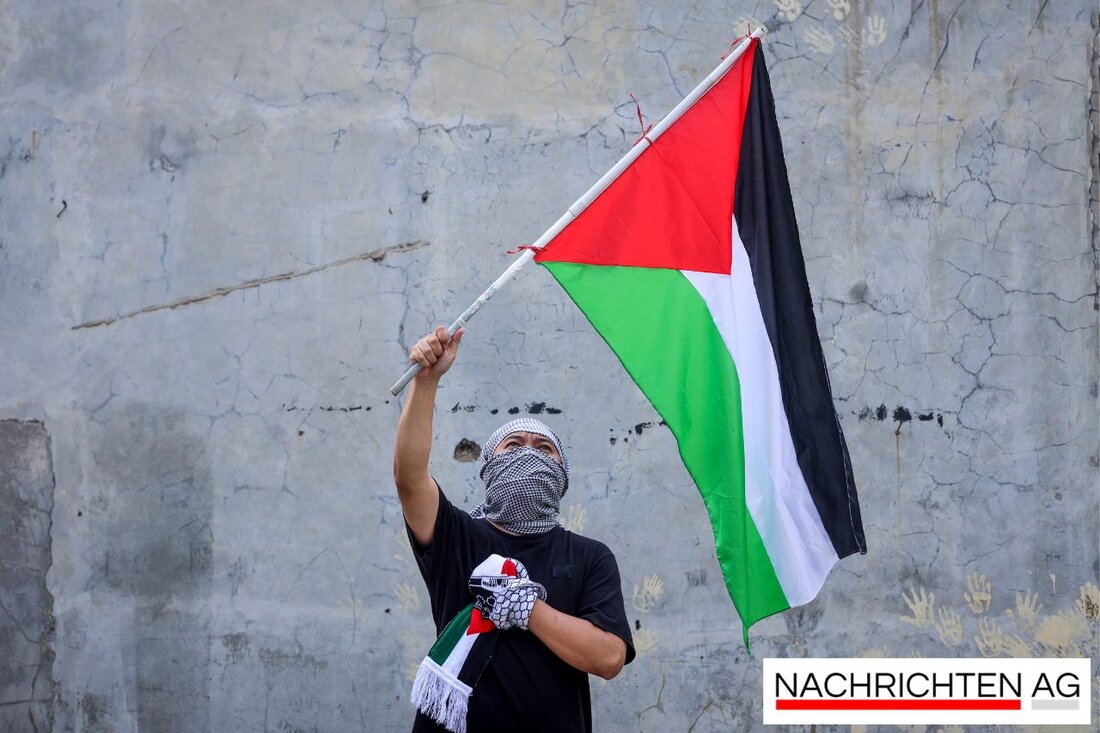Jerusalem in the crosshairs: A priest reports chaos and hope
In the podcast, a priest from Trier describes his experiences in Jerusalem during the current conflicts and ceasefire negotiations.

Jerusalem in the crosshairs: A priest reports chaos and hope
Amid the tense situation in the Middle East, negotiations for a ceasefire between Israel and Hamas are in full swing. The humanitarian crisis in the Gaza Strip is becoming increasingly urgent. The priest and poet Stephan Wahl, who has lived in Jerusalem since 2018, describes the devastating impressions left by the conflict in his podcast “heavenly and earthbound”. In his descriptions, he not only expresses his sadness for the many civilians killed in Israel and Gaza, but also addresses the constant fear during the rocket attacks, which forces him and his neighbors into the safe rooms of their apartments. Bistum Trier reports from Wahl, who also addresses the desperate situation of the relatives of hostages held by Hamas.
Meanwhile, the humanitarian situation in Gaza remains catastrophic. Over 40,000 people have reportedly died and more than 90,000 have been wounded. The health system only functions to a limited extent, and aid organizations such as the WHO warn of the impending famine. Although 100 trucks carrying aid supplies were registered in the Gaza Strip on Wednesday, distribution is anything but smooth, especially in the northern regions. From the perspective of humanitarian organizations, [SRF](https://www.srf.ch/news/international/nahost/kritik-in-nahost-kaempfe-und-humanitaere-kritik-die-aktuelle-lage-im-gaza Strip) demands that international actors urgently call for a ceasefire and the necessary help for the people in the Gaza Strip.
Where are the negotiations?
In the background, diplomats are working feverishly on a solution to prevent further escalation. US President Joe Biden has proposed a plan aimed at achieving a six-week ceasefire and then negotiating a permanent ceasefire. The crux of the matter here are several demands: Hamas demands guarantees for a complete withdrawal of Israeli troops, while Israel wants to maintain control over strategic points such as the Philadelphia Corridor. [Tagesschau](https://www.tagesschau.de/ausland/asien/israel-hamas- Waffenruhe-streit points-100.html) describes that the hostages represent a kind of life insurance for Hamas, while the Israeli government continues to rely on a “total victory” against Hamas.
The international community is under pressure to influence the impasse. In particular, Qatar and Egypt are negotiating on behalf of Hamas, while the USA is putting pressure on Israel. But time is of the essence: More than 40 of the 109 hostages in custody could already be dead, as US Secretary of State Blinken has emphasized. The human cost of the conflict is clear: the suffering of civilians is becoming increasingly unbearable, and the conflict threatens to merge with the political survival strategies of the region's leaders.
A spark of hope
Stephan Wahl remains optimistic despite the difficult situation. “The hope for peace in me never goes out,” he emphasizes in his podcast. People's desperation remains palpable, but many are also united by the desire for an end to the violence. In these uncertain times, it becomes clear that even in the face of difficult life in conflict, maintaining one's humanity and faith is essential.
These numerous aspects make it clear how complex and multi-layered the situation in the Middle East is, and how urgently solutions for peace and humanitarian aid are needed. The conflict will continue to concern us, and perhaps a dialogue-based approach can make all the difference.

 Suche
Suche
 Mein Konto
Mein Konto